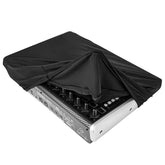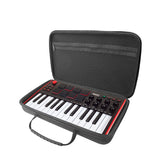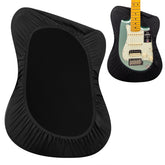Importance of Piano Fingerings and Practice Suggestions
As a professional musician, I understand the crucial role that piano fingerings play for any pianist. Whether you're a beginner or an experienced player, correct fingerings are essential for better musical expression, increased finger flexibility, and preventing unnecessary muscle strain. Fingerings are not just about assigning finger numbers but rather an art that combines hand strength with musical expression.
Why Are Fingerings So Important?
- Improves Playing Efficiency: Proper fingerings allow for smoother hand movements during performance, minimizing unnecessary motions and ensuring a more fluid performance.
- Prevents Hand Injuries: Incorrect fingerings can lead to excessive tension in the hands, potentially causing long-term muscle or joint issues. Good fingerings help maintain a relaxed hand posture during playing.
- Enhances Musical Expression: By choosing the right fingerings, a pianist can better control tone and dynamics, conveying the emotional depth of a piece.
Practice Suggestions for Fingerings
-
Start with Basic Exercises: Whether it's scales, arpeggios, or basic chords, always practice with correct fingerings. These exercises help build muscle memory in the fingers and adapt to different keyboard spans.
-
Practice Slowly, Focus on Details: When working on a new piece, practice at a slow tempo and focus on each note's fingering. This helps develop finger accuracy and reduces errors during learning.
-
Analyze the Score, Plan Fingerings: Before practicing a new piece, carefully analyze the score and plan the most suitable fingerings. Consider the hand span and the rhythm of the piece to choose the optimal fingerings.
-
Keep Hands Relaxed: Always maintain a relaxed hand position during practice. Avoid stiffness or excessive force to reduce hand strain and prevent injuries.
-
-
Record for Self-Feedback: Record your playing and listen back to check the effectiveness of your fingerings. This not only helps identify issues but also improves your overall grasp of the piece.
Conclusion
Correct piano fingerings are the foundation of achieving a high level of performance. Through systematic practice, pianists can refine their technique and enhance their musical expression. I hope these suggestions help you better master piano fingerings and elevate your playing skills.

-






